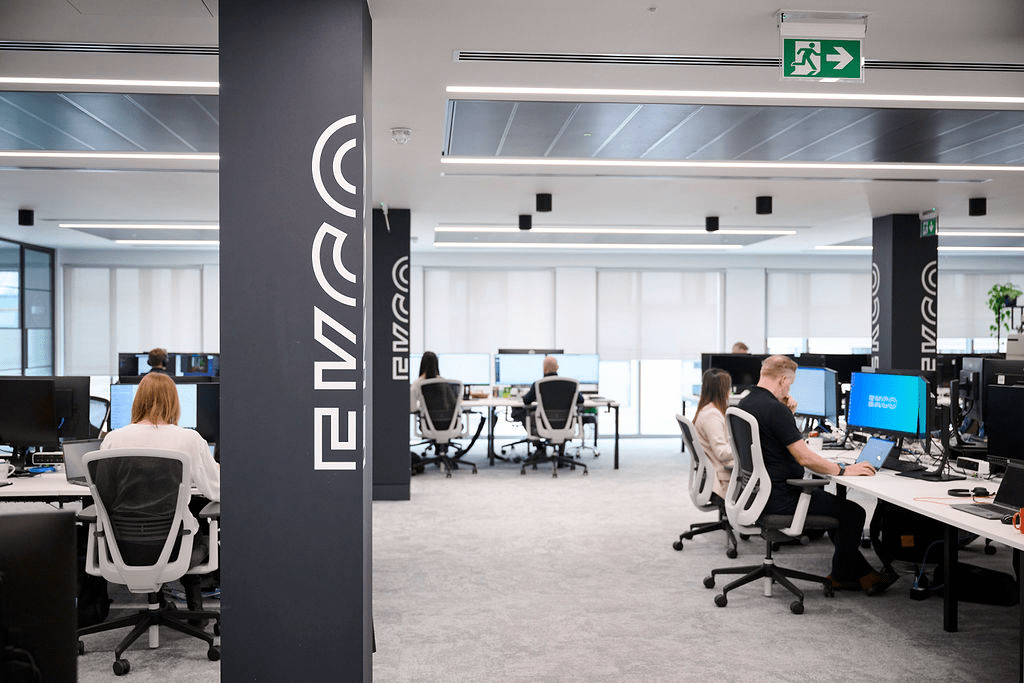Hybrid cloud computing: where it fits into your next strategy
With trading conditions constantly changing, organisations are being forced to evaluate whether their IT models are still fit for purpose. It’s a big question involving legacy workloads, new patterns of network access, security of data and cloud sprawl.

With trading conditions constantly changing, organisations are being forced to evaluate whether their IT models are still fit for purpose. It’s a big question involving legacy workloads, new patterns of network access, security of data and cloud sprawl. None of these are new challenges, however, it’s the first time IT Leaders have been forced to deal with them collectively.
Today, a cloud strategy is more vital to a businesses long-term sustainability and profitability than ever before. A flexible cloud deployment allows an organisation to be more agile with its workloads, processes and the support it can offer its workforce, increasing the options available during times of uncertainty.
Bespoke Platforms and Revitalised Strategies
CEOs will be asking their technology teams to advance cloud deployments away from a generic, one-size-fits-all approach to meet the increasingly focused and bespoke business models forged during the pandemic. Every organisation was forced to become more customer-focused, and IT Leaders must now play their part in reflecting this in the infrastructure stack.
More personalised services – such as Platform as a Service – may be favoured alongside generic cloud usage as organisations reassess what business looks like after lockdown. The big three – that’s Amazon, Azure and GCP – offer unrivalled scalability for general workloads and application deployments, enabling organisations to work around new and unfamiliar usage patterns.
On this subject, Sunil Prashara, President and Chief Executive of Project Management Institute, said in Raconteur’s Cloud for Business Report: “Leaders always need to think customer-first, especially as virtual work is now the new norm, and must reimagine their businesses. They need to be virtually agile and able to adapt to how business and work gets done from this point forward.”
As businesses look past lockdown, their choice of cloud – whether public, private or hybrid – will also be driven by the new commercial realities we’re adapting to. Cost becomes more crucial but change still needs to happen. In order to make this work, businesses need to take a holistic approach to their entire operation in order to drive the right conversations and outcomes about their infrastructure. This will be a sustained programme over the next 6 months to a year which involves reviewing existing infrastructure services while embracing new forms of cloud technology along the way.
Hedging your Bets with Hybrid Cloud Computing
The requirement for cloud solutions that are built around a particular organisation’s way of working naturally pushes the conversation toward hybrid cloud services. Infact, insights from 451 Research indicates that more than a third (38 percent) of businesses are shifting their focus to hybrid cloud computing as a core component of their formal cloud strategy.
This is nothing new, the adoption of hybrid cloud computing by the mainstream has been on the horizon for some time, however, the IT rethink that COVID is causing looks set to speed this up.
The big question for companies planning changes to cloud services is: where do we deploy to give us the biggest advantage, and how do we future-proof our existing environments? There’s no silver bullet for this but the next evolution of infrastructure needs to bolster customer-facing services, enable remote working at scale and address any changes to business process. Naturally this will be more than one cloud environment, so again, ensuring that changes to infrastructure and new projects are part of a holistic process is key.
Instead of an overarching and perhaps simplistic conversation around public vs private cloud, every IT service needs to be reviewed with the renewed business strategy in mind. Lockdown has pointed out all of the weaknesses in an organisation’s IT stack, so it’s now time to work out what happens next.
A project of this scale is a big undertaking for an internal team, and it will require a cultural shift alongside a technological one. For a free infrastructure consultation with our Cloud Practice Director, get in touch with us today.

Question?
Our specialists have the answer

